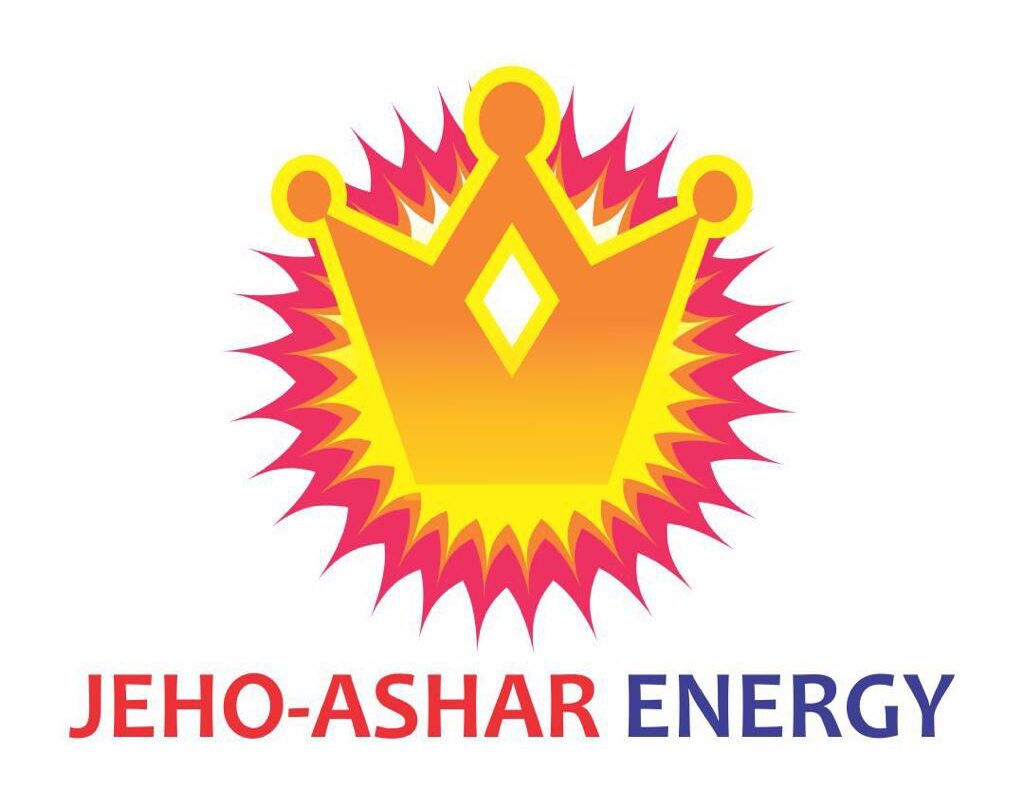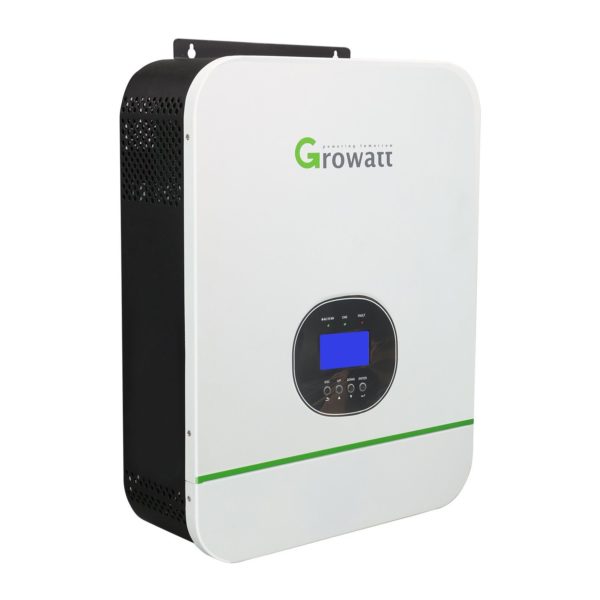(And Why You Should Call Jeho Ashar Energy for Expert Support)
An inverter is meant to be your safety net when the power goes out. So when the lights go off—and your inverter stays silent—it can be both frustrating and confusing. If this happens to you, don’t panic. There are several common reasons why an inverter might not switch over as expected. Let’s walk through the possible causes, how you can troubleshoot them, and when it’s time to call in the experts at Jeho Ashar Energy.
🔍 Common Reasons Your Inverter Didn’t Kick In
1. Battery is Low or Dead
The most common reason is simple: the inverter’s battery doesn’t have enough charge to power the system. This can happen if:
The battery hasn’t been recharged recently
The battery is nearing the end of its life
There’s a faulty connection or corrosion at the terminals
✅ What to check:
Look for battery indicators or test the voltage using a multimeter. If the battery is undercharged or not responding, it may need to be replaced.
2. Inverter Was Turned Off or in Bypass Mode
Sometimes the inverter is accidentally left off, in standby, or in bypass mode (where it doesn’t respond to power cuts).
✅ What to check:
Make sure the inverter switch is set to “ON” and check if it has been placed in bypass or maintenance mode.
3. Fuse or Breaker Has Tripped
Power surges, short circuits, or overloads can cause internal fuses or external breakers to trip, cutting off inverter functionality.
✅ What to check:
Inspect your inverter’s input/output circuit breakers and any connected MCBs (miniature circuit breakers). Reset if necessary, but only if you’re sure the system is safe.
4. Loose or Damaged Wiring
If the inverter is not properly connected to the battery or load, or if wires are frayed or dislodged, the inverter won’t function during an outage.
✅ What to check:
Carefully inspect all wires and terminals. If you’re unsure, it’s best not to tamper with electrical components—call a professional.
5. System Overload
If your inverter is connected to too many devices, especially high-power ones (ACs, refrigerators, pumps), it may shut down as a protective measure.
✅ What to check:
Unplug some appliances and try resetting the inverter. Consider upgrading to a higher-capacity system if overloads are frequent.
6. Inverter Hardware Fault
Modern inverters are smart and can shut themselves down if they detect an internal error. This might not be visible unless you look at the inverter’s display or error log.
✅ What to check:
Check for blinking lights, error codes, or alarm sounds. If an error code appears, refer to the manual—or better, contact support.
7. No Input from Solar or Grid (in Hybrid Systems)
In hybrid setups, if solar panels or the grid aren’t supplying power, the inverter may not have the input needed to function.
✅ What to check:
If the solar charge controller or grid line has a fault, the inverter may stay off. Have a technician inspect the entire input system.
📞 Why You Should Call Jeho Ashar Energy
While some basic checks are safe to do at home, a non-responsive inverter could signal deeper issues that require professional expertise.
Here’s why it’s smart to contact Jeho Ashar Energy:
✅ Certified Technicians trained in Jeho Ashar systems and industry standards
⚙️ Advanced Diagnostic Tools to pinpoint issues quickly
🔧 On-site Repairs & Battery Testing for accurate, reliable service
🔁 System Upgrades & Optimization recommendations if your system is underpowered
🛡️ Warranty Protection — DIY fixes can void it, professional help keeps you covered
Don’t leave your backup system to guesswork. Let Jeho Ashar Energy make sure your power stays on when you need it most.
🧠 Final Thoughts
When your inverter fails to respond during a power outage, it’s not just an inconvenience—it’s a red flag. While minor issues like a tripped breaker or loose wire can often be resolved quickly, deeper faults demand attention from trained professionals.
Jeho Ashar Energy is here to ensure your system works flawlessly, providing peace of mind and uninterrupted power when it matters most.




